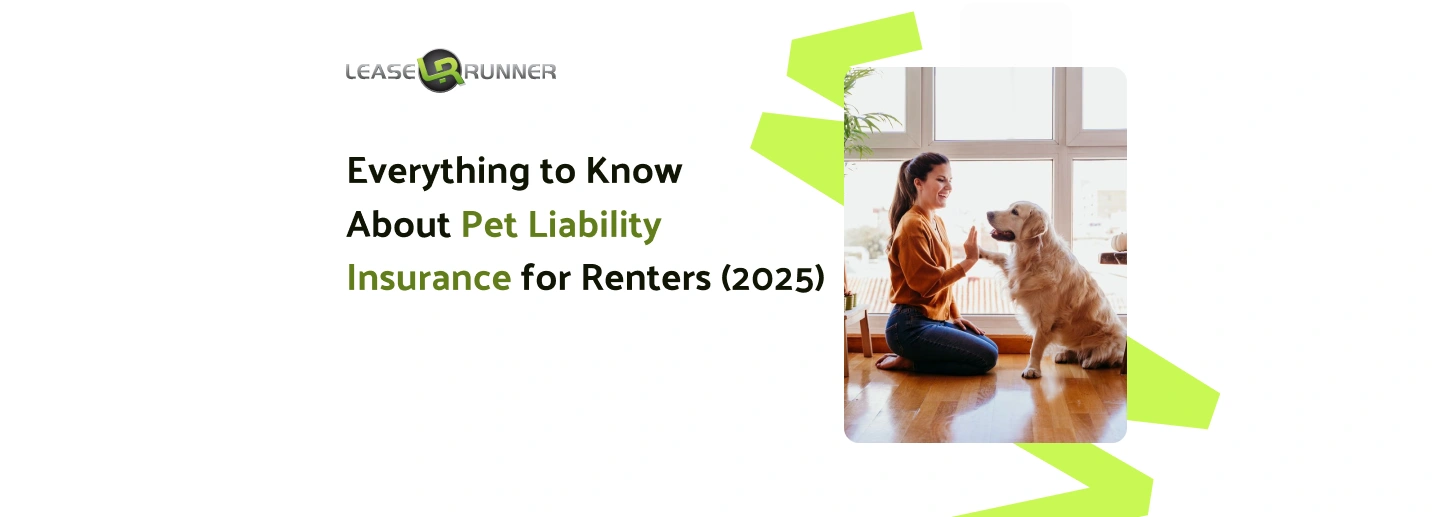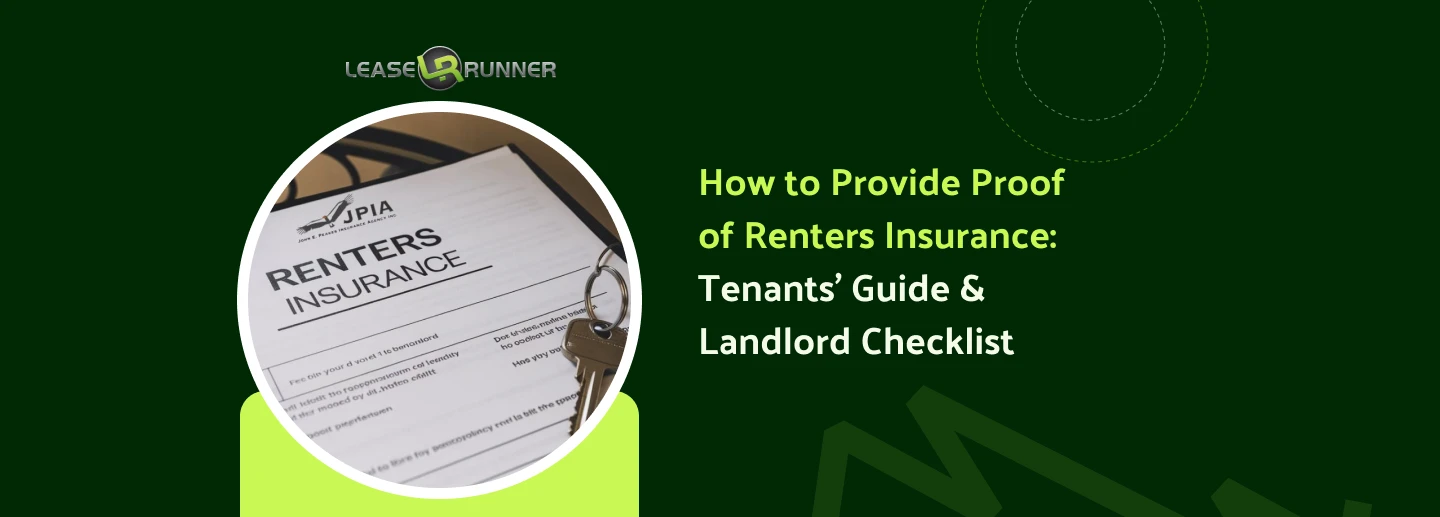Having pet liability insurance for renters is a must for any tenant with a furry friend. It protects you from huge costs if your pet harms someone or damages their property. Many landlords now require tenants to have this coverage. Without it, one accident could lead to a lawsuit that costs thousands of dollars.
This guide explains what renters' insurance with pet coverage includes, what it costs, and how to get it. We will cover everything from dog bite insurance cost to what happens if your pet ruins a neighbor's yard. Understanding your policy is the best way to keep you and your pet safe and secure in your rental home.

Quick Facts: Pet Liability Insurance Essentials
What Is Pet Liability Insurance for Renters?
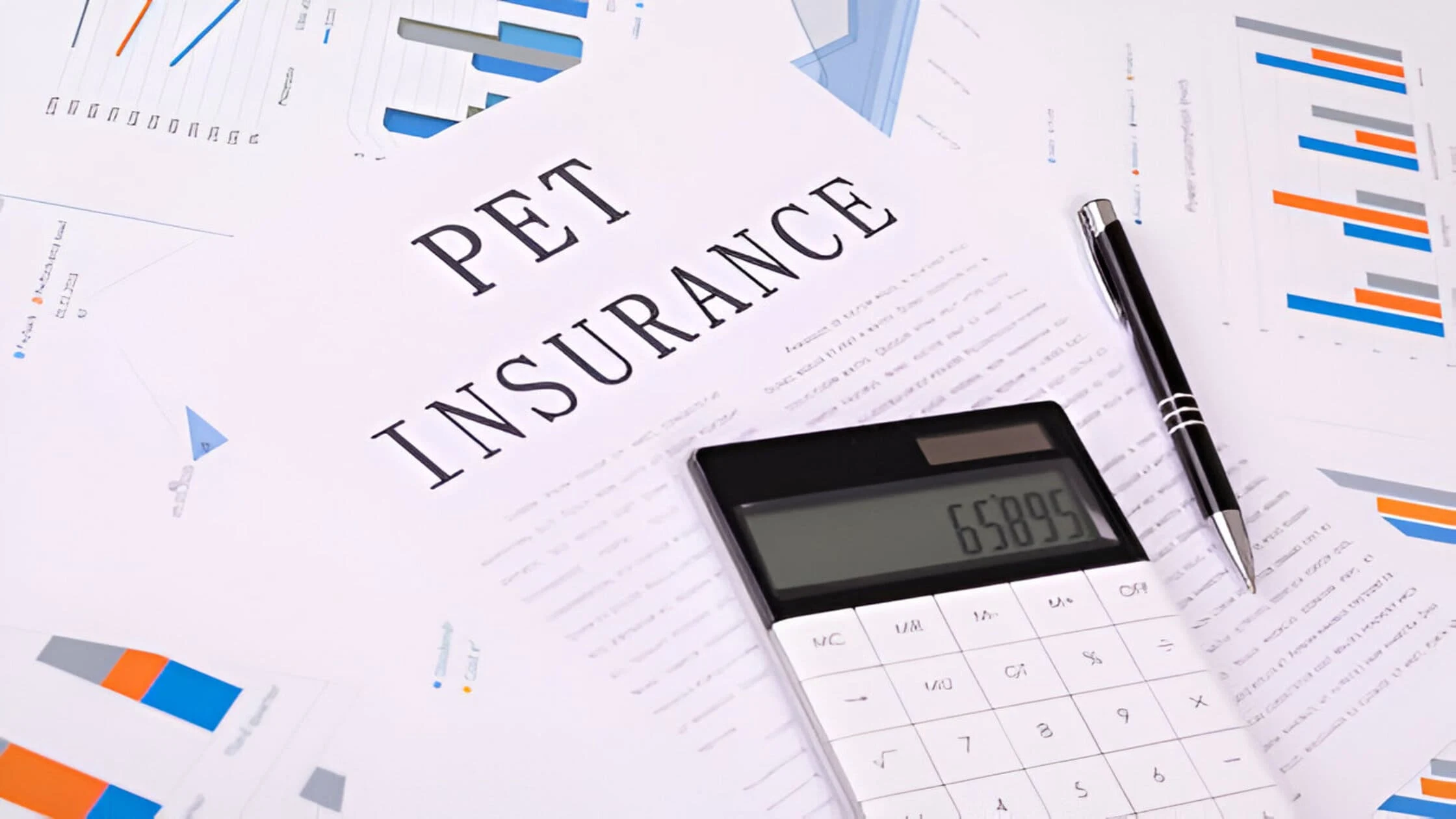
It protects you against monetary loss in the case that your pet damages another individual or damages their property. Pet liability renters coverage is not sold as a stand-alone policy. Rather, it is included with the personal liability that you get with a standard renters policy.
It is to indemnify against unexpected accidents. It is better to know the distinction between personal liability and pet damage.
- Personal Liability: This pays for third-party accidents—other individuals, not your landlord or you. If your cat hurts the neighbor kid or your dog bites a guest, your liability insurance covers their medical expenses and your lawyer's costs if you are sued.
It also pays for damage done by your pet to someone else's property, like if your dog destroys a neighbor's garden.
- Pet Damage: Pet damage is destruction of your apartment or your own property by your own pet. For instance, if your puppy chewed on the door frame or your cat destroyed your sofa, this is pet damage.
Standard renters insurance with pet liability does not typically cover damages caused by pets. However, some carriers have a special rider, usually known as a pet damage insurance endorsement, that they sell for an added small premium to pay for damage to the landlord's property.
Does Renters Insurance Cover Pet Liability in 2025?
Yes, as of 2025, almost all standard renters' insurance carry pet liability insurance for renters under their own personal liability coverage. When purchasing a renters policy, you usually are obtaining liability coverage that covers your pet's behavior. This means you do not normally have to purchase an additional policy for your pet.
So, will renters cover pets? The answer is a resounding yes to liability concerns. Your policy will reimburse you for damages if you are sued due to injuries or property damage caused by your pet to other individuals.
Standard renters' insurance policies have liability coverage limits of $100,000, which is usually sufficient to cover most accidents. You can usually increase the limit to $300,000 or more for extra protection.
But there are significant exceptions. Several insurance providers keep a list of restricted dog breeds that they will not cover because they identify a higher risk of biting attacks. Your usual policy might not cover your dog if your dog is one of these breeds.
In such a situation, you may be forced to look for a specialized insurance company or insurer with no breed restrictions, such as State Farm. Be honest with your insurance company about the pet so that you can get sufficient cover.
Why You Need Pet Liability Insurance as a Renter?
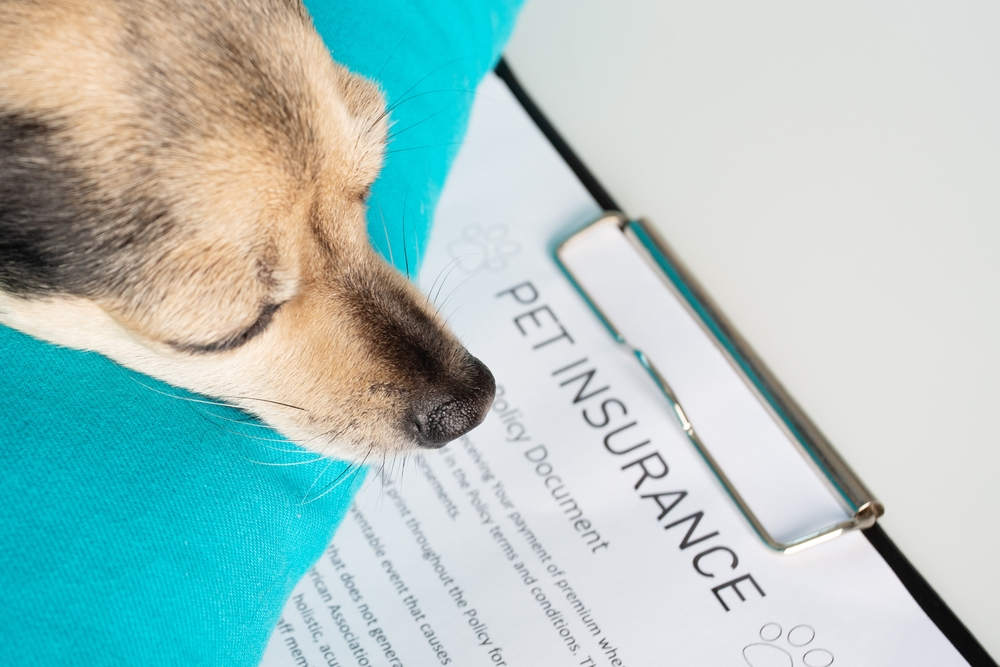
As a renter, renter's pet liability insurance isn't just a good notion—it's an economically smart decision. Danger can strike in the blink of an eye, and the true cost is very expensive. A single act of a dog biting someone could lead to a lawsuit that depletes your savings and jeopardizes your future.
The reason why you should have this coverage the most is the cost of liability claims. In 2022, the cost per dog bite claim in the US averaged $64,555. This cost has continued to rise due to increasing medical expenses and larger court awards.
Insurance protects you from paying out-of-pocket for medical expenses, lost income, and attorney fees if you are involved in an accident. Renters' insurance that covers dogs protects you from such potentially ruinous costs.
Most landlords now require tenants to provide evidence of renters' insurance that includes liability protection. They want to indemnify themselves and the neighborhood. By requiring renters' insurance with pet coverage, landlords create a financial safety net in case of an accident.
This protects one's property and provides liability. Without renters' pet liability insurance, you may be refused a lease or even be evicted. Finally, renters' pet liability insurance safeguards you, your pet, and your future finances against the unexpected.
What Does Pet Liability Insurance Cover in a Standard Renters Policy?
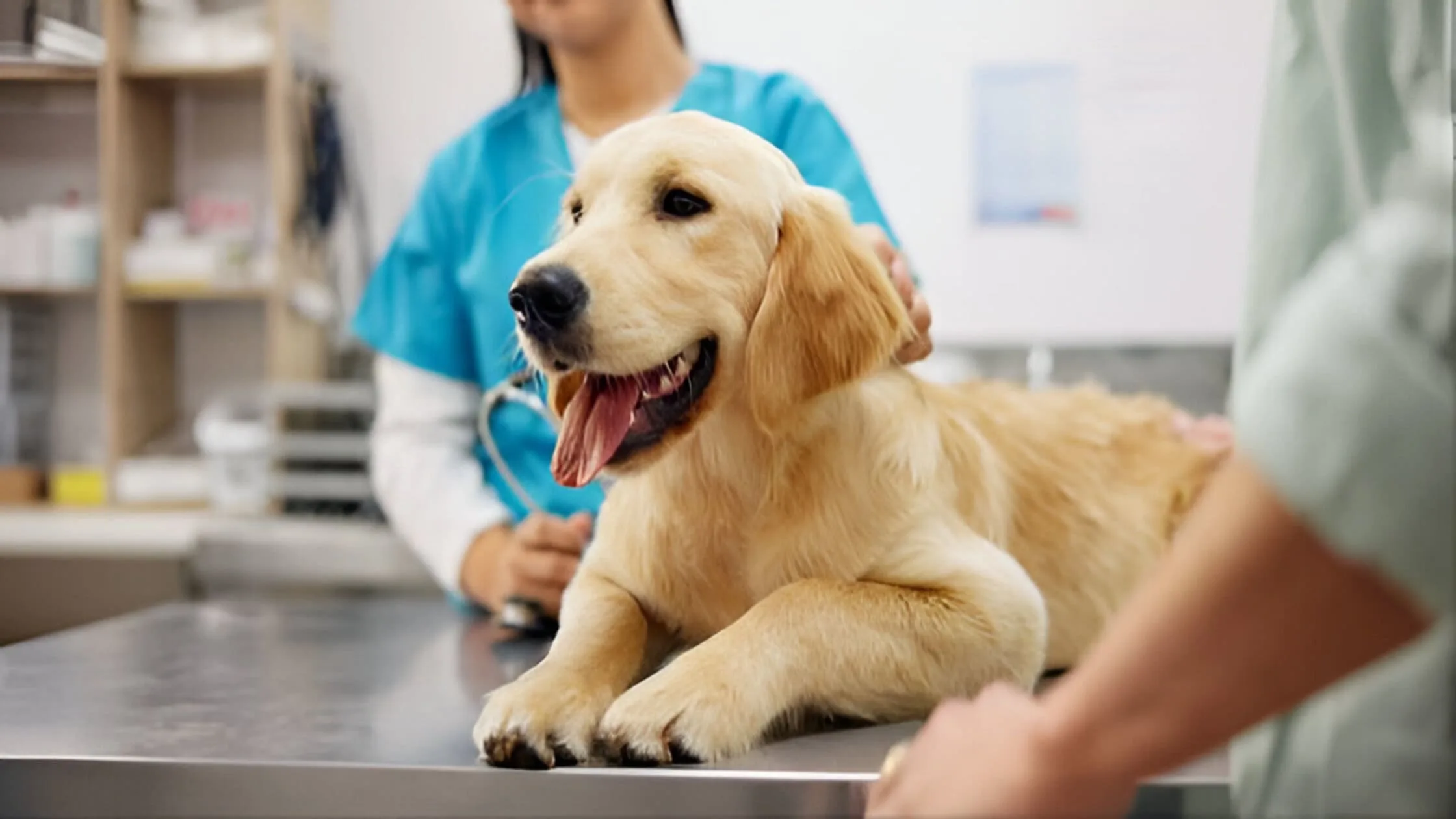
When you have a standard renters insurance policy, the included pet liability insurance for renters offers three key areas of financial protection. It is designed to cover accidents involving people and property outside of your own household.
Bodily injury (eg, dog bites, scratches)
If your pet injures someone who doesn't live with you, your policy's liability coverage can help pay for their medical expenses. This is one of the most common reasons people need pet liability insurance for renters.
For example, if your dog nips a visitor or your cat scratches a child playing nearby, your insurance can cover the costs of their doctor visits, medication, or even surgery.
Given the high dog bite insurance cost, this coverage is essential. Without insurance, the average cost of a dog bite claim can exceed $69,000, not including potential lawsuits.
Property damage to others (not to the landlord's property)
This coverage applies when your pet damages someone else's property. For instance, if your dog runs into your neighbor's yard and destroys their expensive patio furniture, your liability coverage can pay for the replacement. It's important to remember this does not cover damage to your own apartment.
Renters' insurance liability typically only covers damage your pet causes to a third party's property, not damage to your own rented unit. So, does renters' insurance cover pet damage to the carpet in your rental? No, that is not covered by standard liability.
Legal costs if you're sued
If the person injured by your pets decides to sue you, your renters' insurance with pet coverage will help pay for your legal defense. This includes attorney fees, court costs, and any settlement or judgment against you, up to your policy's liability limit.
A lawsuit can be incredibly expensive, so having insurance to cover these legal costs can prevent a pet-related accident from turning into a financial disaster.
What Types of Pets Are Covered by Pet Liability Insurance?
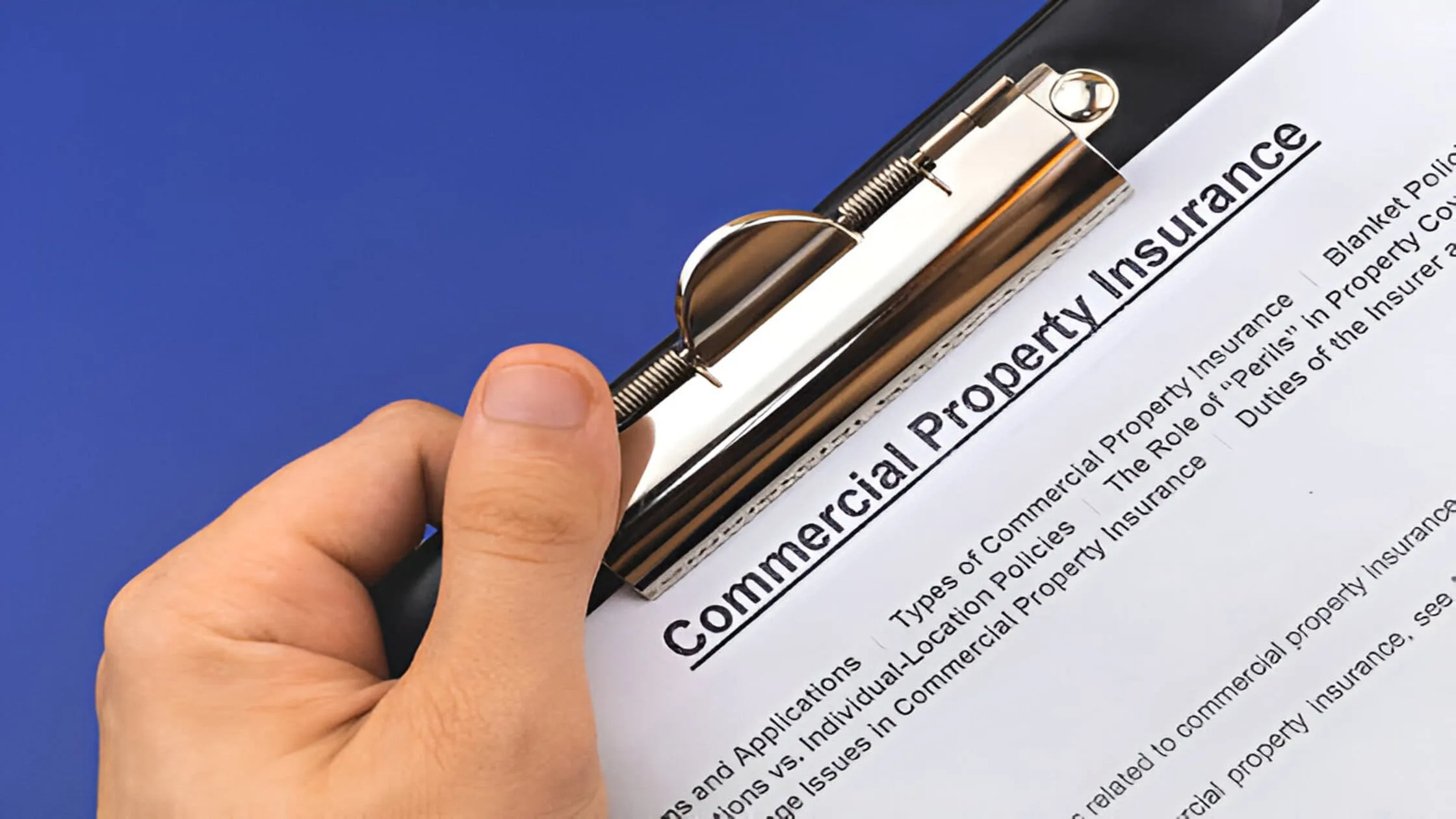
Most standard renters insurance policies will cover common household pets like cats and dogs. However, insurance companies often have specific rules about what types of animals they are willing to cover, especially when it comes to certain dog breeds and exotic pets.
The biggest issue for many renters is the list of excluded dog breeds. Many insurers will not provide liability coverage for breeds they consider “high-risk" or “dangerous". These lists commonly include:
- Pit Bulls
- Rottweilers
- Doberman Pinschers
- German Shepherds
- Chow Chows
- Akitas
- Wolf-hybrids
If you have one of these breeds, you can face refusal of coverage or discover that your policy won't pay out for any accidents involving your dog. That being said, not all insurers impose breed restrictions. Some insurers, such as State Farm, look at the individual bite history of the dog rather than the breed of the dog.
It is critically important to report the breed of your dog when you buy a policy. Exotic pets are still another category for which it can be difficult to get coverage. Monkeys, lizards, snakes, and birds are not normally part of the standard renters' insurance on cats and dogs.
If you do have an exotic pet, you will probably need to purchase a special animal liability policy for coverage. Always make sure to ask your insurer if your specific pet is included before you take out a policy.
What's Not Covered by Pet Liability Insurance?
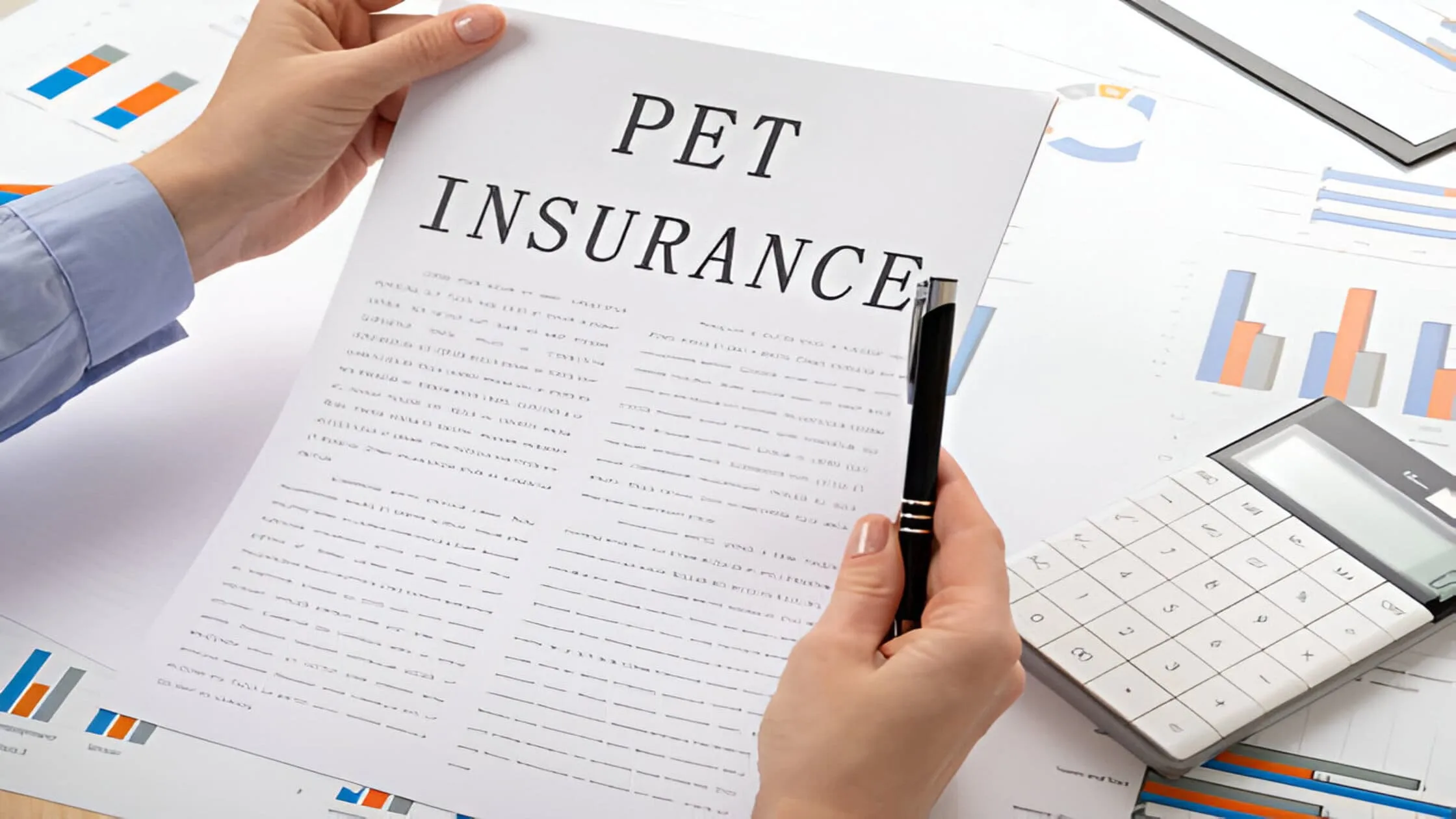
Pet liability insurance for renters provides essential protection, but it has clear exclusions. It's important to understand what's not covered so you don't find yourself facing hidden expenses and in charge of your pet-owning responsibilities. The following are the main exclusions you'll find in a standard policy.
Damage to your own belongings
Your renters' insurance is in place to cover you for liability claims made by others, not for what your pet does to your house.
Should your puppy destroy your new shoes or your cat tip over and destroy your television, you can't claim them to be replaced. Such damage goes against you as a pet owner to be accountable for.
Damage to the rental unit (unless add-ons are purchased)
This is the typical source of confusion for tenants. Basic pet liability insurance for tenants does not protect the damage your pet does to your landlord's property.
Since the renters' insurance doesn’t pay for pet damage to carpet, walls, and doors, the landlords will need to use the security deposit to fix these damages.
But some insurance companies do provide an optional pet damage insurance endorsement that can be added to your policy for a minimal monthly premium, which will pay for these particular kinds of damages up to a certain amount.
Incidents involving excluded breeds
If the breed of your dog is on the restricted list of the insurance company, your policy will disallow cover for any accidents involving a dog of such a breed. Even with an insurance policy, if your excluded breed injures someone, the coverage will be denied by the insurer, and you will have to pay all medical and legal costs yourself.
This makes it extremely important to obtain renters' insurance that covers dogs of all breeds if you possess one that falls on a forbidden list.
Non-disclosure of pets
Honesty is the best policy. If you do not inform your insurance provider that you have a pet and there is an accident, then your claim will be rejected.
You are considered to be in breach of your policy conditions for failing to inform them about your pet, especially if it is a prohibited breed. It will make your policy invalid and can also get your policy revoked.
How Much Does Pet Liability Insurance Cost for Renters?
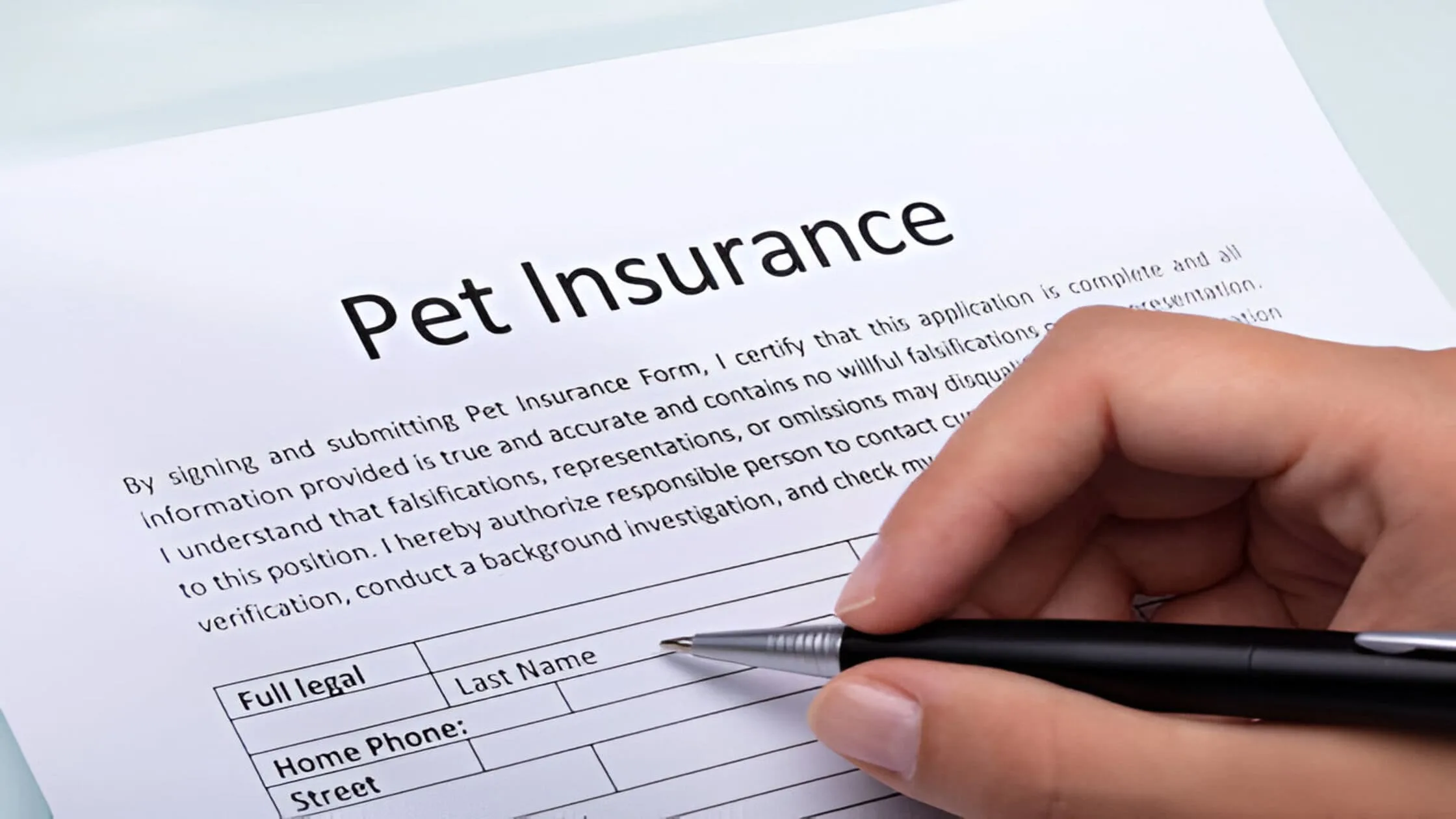
The worst news for renters is that renters' liability coverage for pets comes standard in a basic renters insurance policy, so you don't typically pay extra for it. The average cost of renters' insurance runs from $15 to $20 a month and typically includes at least $100,000 of liability protection.
This still provides a valuable protection for you and your pet, with a fairly reasonable price. The renter's pet liability coverage may differ depending on a number of considerations:
- Coverage limits: An economy policy with $100,000 of liability protection will cost less than one with $300,000 or $500,000 of protection.
- Your Location: Premiums for insurance can differ depending on the state and even the city that you reside in.
- Your Pet: Having a pet, especially a large dog, may affect your rates with certain insurers, even though the base premium might not differ. If you require an independent policy for a restricted breed dog, a dog bite insurance can cost a lot more, between $250 and $500 annually for a stand-alone policy.
- Deductible: Your deductible is what you have to pay out-of-pocket before your policy covers. The higher the deductible, the less you'll pay monthly in premiums, but you'll be paying more if you do have to make a claim.
Some businesses do sell optional pet damage insurance to cover pet damage to your rental property. This add-on is inexpensive, typically just a few extra dollars per month.
How to Get Renters Insurance with Pet Liability Coverage?
Getting renters' insurance with pet coverage is a simple process. At LeaseRunner, we have partnered with Assurant to offer reliable and affordable renters' insurance that includes the protection you need as a pet owner. Here is a step-by-step guide to getting covered.
Step 1 – Choose renters' insurance providers
The first step is to find a provider that meets your needs. Through our platform, you can easily access Assurant, a leading provider of renters' insurance. We have streamlined the process to make it easy for tenants to get a quote and purchase a policy directly.
Choosing a trusted provider like Assurant ensures you get comprehensive coverage and excellent customer service. Our easy-to-use renters insurance portal makes getting started simple.
Step 2 – Disclose Pet Ownership During the Application
During the application process, you will be asked if you have any pets. It is critical to be honest and provide accurate information about your pet, including its breed, size, and history.
Hiding a pet can void your policy and leave you without coverage when you need it most. Disclosing your pet ensures that your pet liability insurance is valid.
Step 3 – Verify Coverage Terms
Before finalizing your policy, carefully review the terms and conditions. Pay close attention to the liability coverage limits to make sure they are high enough for your needs. Check the list of any excluded dog breeds to confirm your pet is covered.
Understanding the details of your renters' insurance that covers dogs will help you avoid any surprises if you ever need to file a claim.
Step 4 – Finalize & Download Proof
When you are content with the conditions and coverage, you can go ahead and make your purchase. Once you have paid your first premium, you can download your proof of insurance certificate instantly.
Your landlord will need this document as evidence that you have the pet liability insurance for renters that you're supposed to have. All doable online in minutes using LeaseRunner and Assurant, providing you with instant peace of mind.
4 Tips for Renters with Pets to Stay Protected
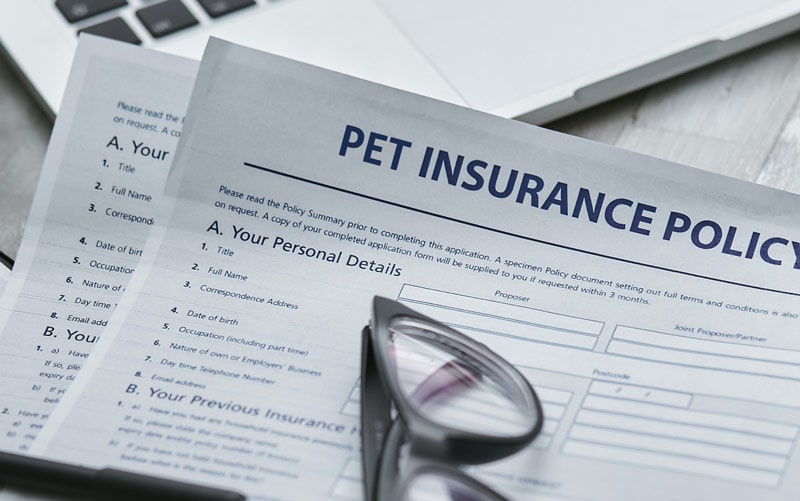
Having pet liability insurance for renters is your main line of defense, but there are other important steps you can take to protect yourself and ensure a smooth tenancy with your pet. Following these tips will help you avoid arguments with your landlord and stay on good terms.
1. Disclose your pet when applying
Always be upfront with your landlord about your pet from the very beginning. Hiding an animal is a violation of most lease agreements and can be grounds for eviction.
By being honest, you build trust with your landlord and can address any concerns or requirements, such as providing proof of renters' insurance with pet coverage, before you sign the lease.
2. Get written approval in your lease
A verbal agreement is not enough. Make sure that your right to have a pet is clearly stated in your lease agreement. The lease should specify the type, breed, and size of the pet that is permitted.
This written approval is a legally binding document that protects you from any future claims that your pet was not authorized to be on the property.
3. Use a pet addendum
A pet addendum is a separate document that is added to your lease agreement and outlines all the specific rules related to having a pet in the rental unit. It typically covers things like your responsibility for any damages, rules about noise, and requirements for leashing your pet in common areas.
A pet addendum clarifies expectations for both you and your landlord and reduces the risk of misunderstandings.
4. Always have a valid renters insurance policy
Your responsibility doesn't end after you purchase your initial policy. Make sure your renters' insurance that covers dogs remains active for the entire duration of your lease.
Set up automatic payments to avoid any lapse in coverage. If your policy expires, you are not only exposed to financial risk but are also in violation of your lease if your landlord requires insurance.
Bottom Line
Having pet liability insurance for renters is an essential part of being a responsible pet owner in a rental property. This coverage, typically included in a standard renters insurance policy, protects you from major financial losses if your pet injures someone or damages their property.
While it won't cover damage to your own apartment, it provides a critical safety net against expensive lawsuits and medical bills from third parties. By understanding what is covered, choosing the right policy, and being honest with both your landlord and insurer, you can enjoy life with your pet without the stress of “what if."
Getting the right renters insurance with pet coverage is an affordable and simple step to secure your peace of mind.
FAQs
Q1. Does a Landlord's Insurance Cover Pet Incidents?
No, a landlord's insurance policy does not cover incidents caused by a tenant's pet. Landlord insurance is designed to protect the physical building and the landlord's own liability, not the tenant's.
This is why learning about the differences between landlord and home insurance is important. If your dog bites someone, you are personally responsible, which is why having your own pet liability insurance for renters is crucial.
Q2. Does Renters Insurance Cover Damage to the Rental Unit?
A standard renters' insurance policy does not cover damage that your pet causes to your rental unit, such as stained carpets or scratched floors.
The personal liability portion of your policy only covers damage to other people's property. However, some insurance companies offer a pet damage insurance endorsement as an add-on that can provide limited coverage for damage to your landlord's property.
Q3. Do You Need Separate Pet Damage or Umbrella Coverage?
For most renters, the liability coverage included in a standard renters policy is sufficient. However, if you have a lot of assets to protect or if your pet is a restricted breed, you might consider additional coverage.
Umbrella insurance provides extra liability protection above your existing policy limits. A separate animal liability policy is another option if you can't get coverage through a standard insurer.
Q4. Do You Need Pet Liability if Your Landlord Has Insurance?
Yes, you absolutely need your pet liability insurance for renters, even if your landlord has insurance. Your landlord's policy protects them, not you. If your pet causes an injury or damage, the injured party will sue you, the pet owner.
Your landlord's insurance will not help you pay for medical bills or legal fees. Your renters' insurance policy is your protection.
